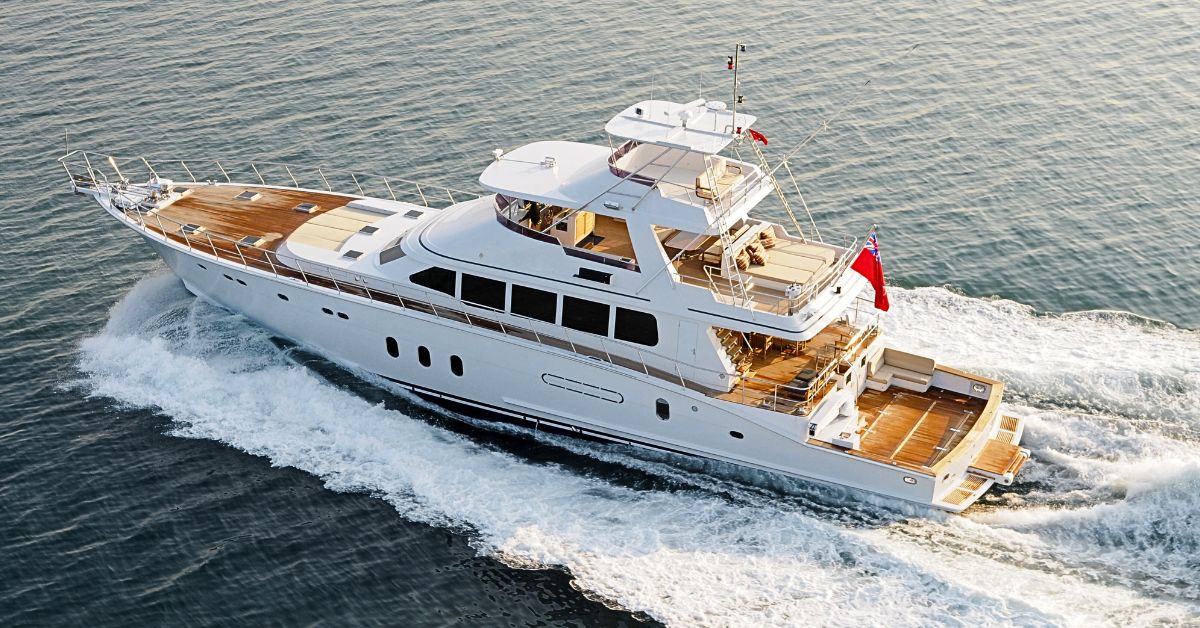
Choose the right anodes for you yacht: The power of sacrificial anodes
One of the most effective methods to protect your yacht and extend its lifespan is by using sacrificial anodes. These small but crucial components are your yacht's first line of defense against corrosion.
How Do Sacrificial Anodes Protect Against Corrosion?
Sacrificial anodes are pieces of metal designed to corrode instead of your yacht's more important metal parts. Anodes are typically made of zinc, aluminum, or magnesium, and they are placed on your yacht's hull, propellers, and engine. The principle behind their function is simple: when two different metals are in contact with each other in water, an electrochemical reaction occurs that leads to corrosion. The sacrificial anode, being more reactive, corrodes first, thus protecting the more critical metal parts of your yacht.
Choosing the Right Anodes for Your Yacht
Choosing the right type of anode is crucial. The material you select—zinc, aluminum, or magnesium—depends on the water your yacht primarily operates in.
-
Magnesium anodes are suitable for freshwater environments, where their high driving voltage and resistance to passivation make them highly effective.
-
Zinc anodes are primarily used in saltwater but can also be an option in brackish water. Zinc provides reliable corrosion protection, though its effectiveness can vary depending on the salinity.
-
Aluminum anodes work best in saltwater and are particularly effective in high salinity. They offer a lighter alternative to zinc, with about one-third of the weight for the same level of protection.
ICCP: Advanced Corrosion Protection for Yachts
ICCP is an advanced system that offers superior corrosion protection for yachts. Unlike traditional sacrificial anodes, ICCP uses a controlled electric current to protect the yacht from corrosion. A benefit of ICCP is the reduced weight of the boat, which contributes to lower fuel consumption and improved performance. Additionally, ICCP systems have a significantly longer lifespan than sacrificial anodes, reducing the need for frequent maintenance and replacement.
The Importance of Regular Maintenance
Even the best sacrificial anode won't last forever—that's the point. Regular inspection and maintenance are essential to ensure your yacht remains fully protected. Replace the anodes when they are about half their original size, as they can no longer provide adequate protection.
Protecting Your Outboard Motor with Anodes
Outboard motors are particularly vulnerable to corrosion due to their constant exposure to water. Installing sacrificial anodes on the outboard motor is necessary to protect critical components. The anodes help prevent costly damage and ensure your engine continues to run smoothly.
Extend Your Yacht's Lifespan
Using sacrificial anodes is one of the most cost-effective ways to extend your yacht's lifespan. By preventing corrosion, you avoid expensive repairs and premature replacement of vital parts.
Conclusion
Sacrificial anodes are a simple yet powerful tool in the fight against corrosion. By choosing the right anode material and performing regular maintenance, you can significantly extend your yacht's lifespan, ensuring it remains a reliable and enjoyable vessel for many years to come. Whether you're protecting the hull, engine, or other critical components, investing in high-quality anodes is essential.
Frequently Asked Questions
What are sacrificial anodes, and why are they important?
Sacrificial anodes are metal blocks that corrode instead of your yacht's vital components, protecting them from the corrosive effects of saltwater.
Which type of anode is best for my yacht?
It depends entirely on the type of water your boat is mostly in. If the boat is docked in a harbor for a significant amount of time, factors like surrounding structures and any nearby waterways should also be considered.
How often should I replace my yacht's anodes?
It is recommended to replace the anodes when they are about half their original size, usually once per season.
Do I need anodes for my outboard motor?
Yes, outboard motors are highly susceptible to corrosion. Installing anodes can protect critical parts and help your engine run smoothly for longer.
Can I install sacrificial anodes myself?
Yes, many people install their anodes themselves, but it's important to ensure correct placement and attachment to achieve effective protection. For larger boats, we recommend getting a corrosion protection system designed specifically for the boat.
How do anodes extend the lifespan of my yacht?
By preventing corrosion, anodes protect important metal parts and reduce the need for repairs, thereby extending the boat's lifespan.


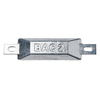
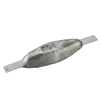


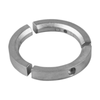


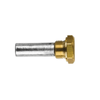
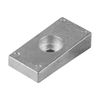

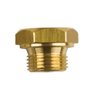
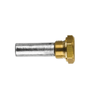

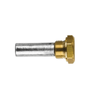




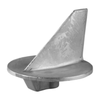
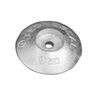

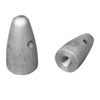
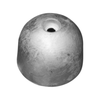




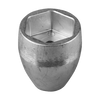
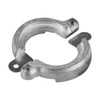
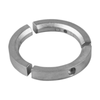
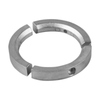
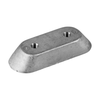
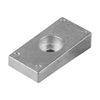
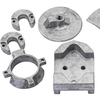

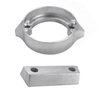

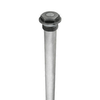


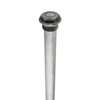
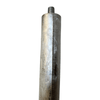
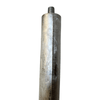
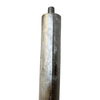

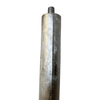

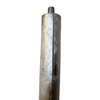
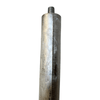
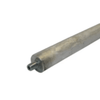



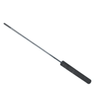


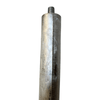
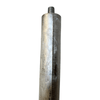

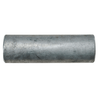
Leave a comment